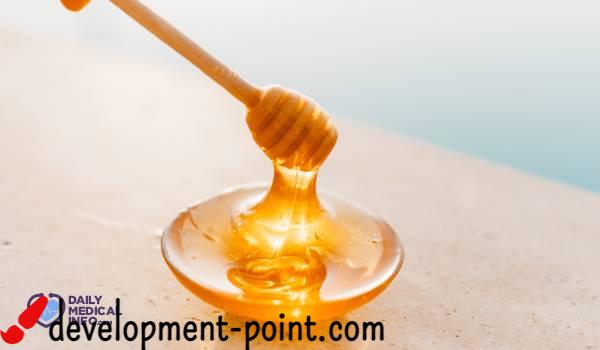Pituitary function, hormones and related diseases
The endocrine glands are one of the most important organs in the human body as they are responsible for the secretion of hormones that are important in the vital body processes. Learn about the function of the pituitary gland, its hormones, related diseases and symptoms in this article.
What is the pituitary gland?
It is the most important part of the endocrine system. It is an oval-shaped gland that secretes some hormones that control the functions of other glands and organs in the body, including the thyroid gland, adrenal glands, and reproductive organs.
The pituitary gland is located behind the inside of the nose in the lower part of the brain in an area called the hypothalamus (hypothalamus)This area is responsible for balancing the body and controlling the secretion of pituitary hormones.
The function of the pituitary gland and its hormones
The gland is divided into two main parts: the frontal lobes and the posterior lobes. Each part is responsible for the production of certain hormones that spread throughout the body to stimulate other glands to secrete their hormones. The following is the function of each hormone:
Pituitary hormones – anterior lobe
The anterior lobe hormones secrete:
Prolactin hormone
It is the hormone responsible for the production of milk in the breast after childbirth, so that the mother can breastfeed. When the prolactin hormone rises, it affects the hormones secreted by the ovaries in women and the testicles in men. Therefore, an increase in prolactin can affect the menstrual cycle, fertility, and the sexual process.
Growth Hormone
It is the hormone responsible for the growth of children, building their muscles and bones, and also maintaining the health of the body for adults. It is also responsible for distributing fat in the body, and any imbalance in this hormone causes growth problems in children.
Adrenal stimulating hormone ACTH
It is the hormone that stimulates the adrenal gland to secrete cortisol It is the hormone that controls blood pressure and the level of sugar in the blood. It is also secreted in large quantities when the body is exposed to stress and nervous pressure.
Thyroid stimulating hormone TSH
It is one of the most important pituitary hormones, as it is the catalyst for the secretion of thyroid hormones, which regulate the metabolism, activities of the nervous system, energy balance and the growth process in the body, and any imbalance in this hormone affects the thyroid hormones either by increase or decrease.
hormone LH
It is the hormone responsible for secreting sex hormones in the body, such as testosterone in men and estrogen, which is responsible for ovulation in women.
hormone FSH
It is also responsible for the secretion of sex hormones besides the hormone LH To stimulate sperm production in men and release eggs in women.
Endorphins
It is also called the analgesic hormone because it has properties that relieve pain and stimulate feelings of happiness.
Pituitary hormones – posterior lobe
As for the hormones of the posterior lobe of the pituitary gland, they are:
The hormone oxytocin
This hormone is also called the love hormone, and it is responsible for pumping milk from breast milk during breastfeeding and forming the bond between the mother and her child. It can help facilitate natural childbirth, and it also has a role in controlling human emotion, feelings, and family and social relationships.
Vasopressin hormone
It is responsible for the balance of water in the body and the regulation of sodium levels in the blood, and maintains body fluids by controlling the amount that the body loses during urination, and any imbalance in it may cause what is known as diabetes insipidus.
The most common diseases of the pituitary gland
How to keep the pituitary gland healthy
Because the pituitary gland is considered the main and most important gland among the endocrine glands, so its general health can be preserved by following some advice on balancing a diet rich in important nutrients, reducing salt and sugar in daily meals, drinking useful fluids, especially water adequately during the day, and avoiding stress and pressure causes. nervous.

